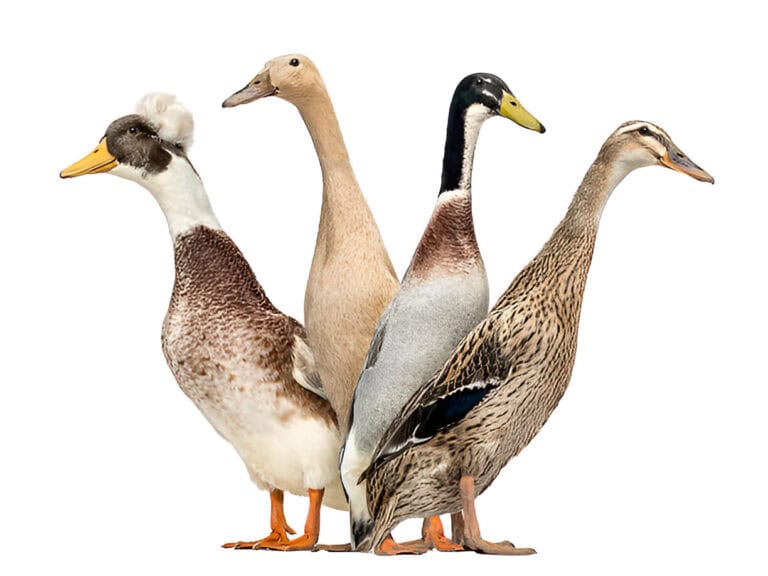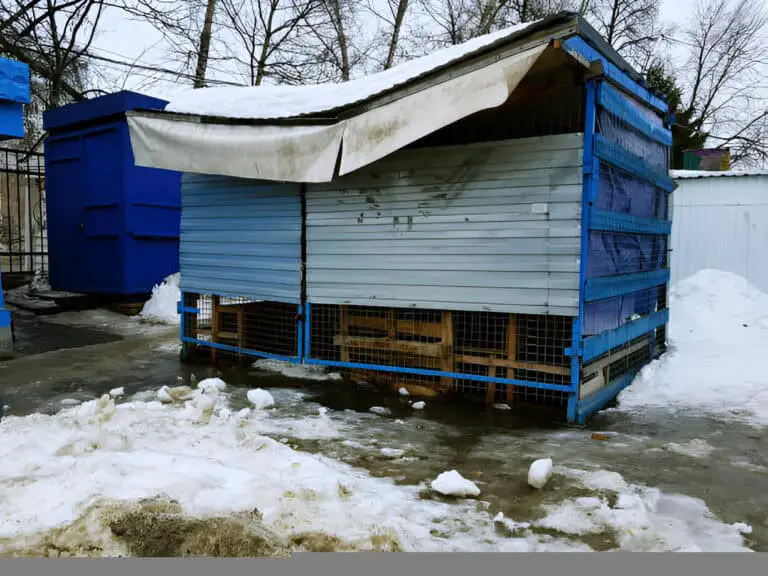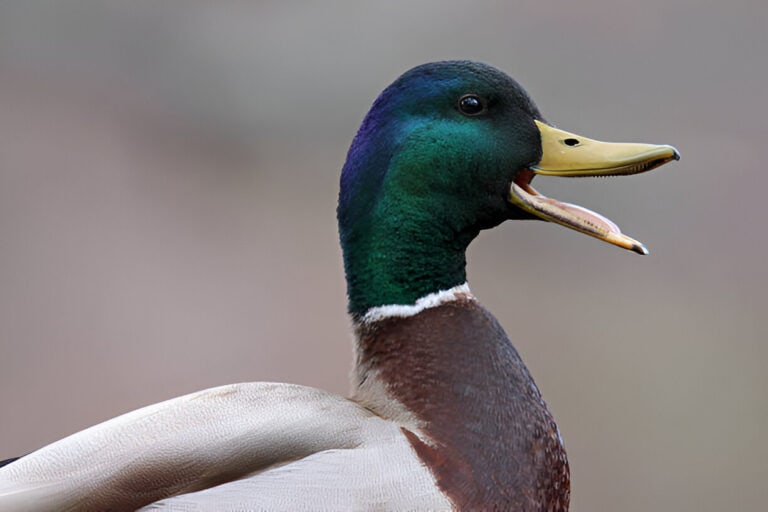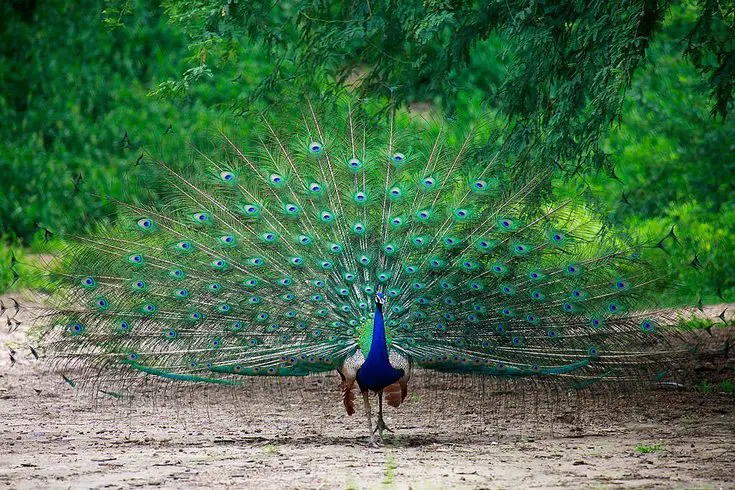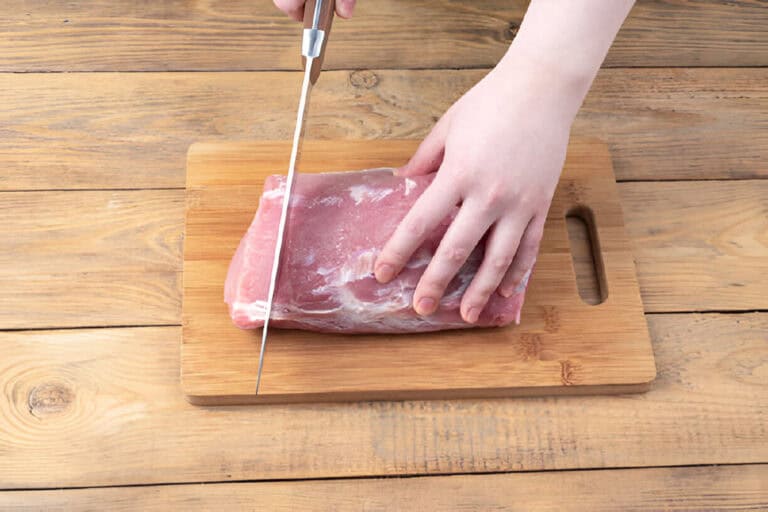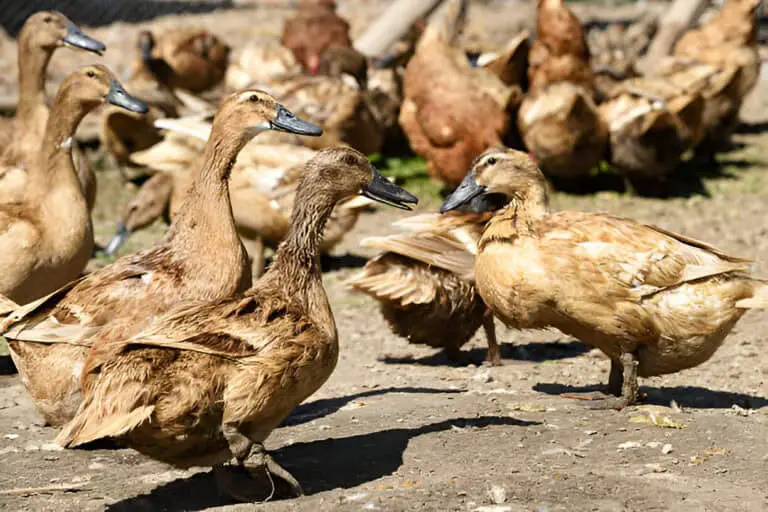Duck Defense: 10 Proven Tips to Safeguard Your Flock from Predator
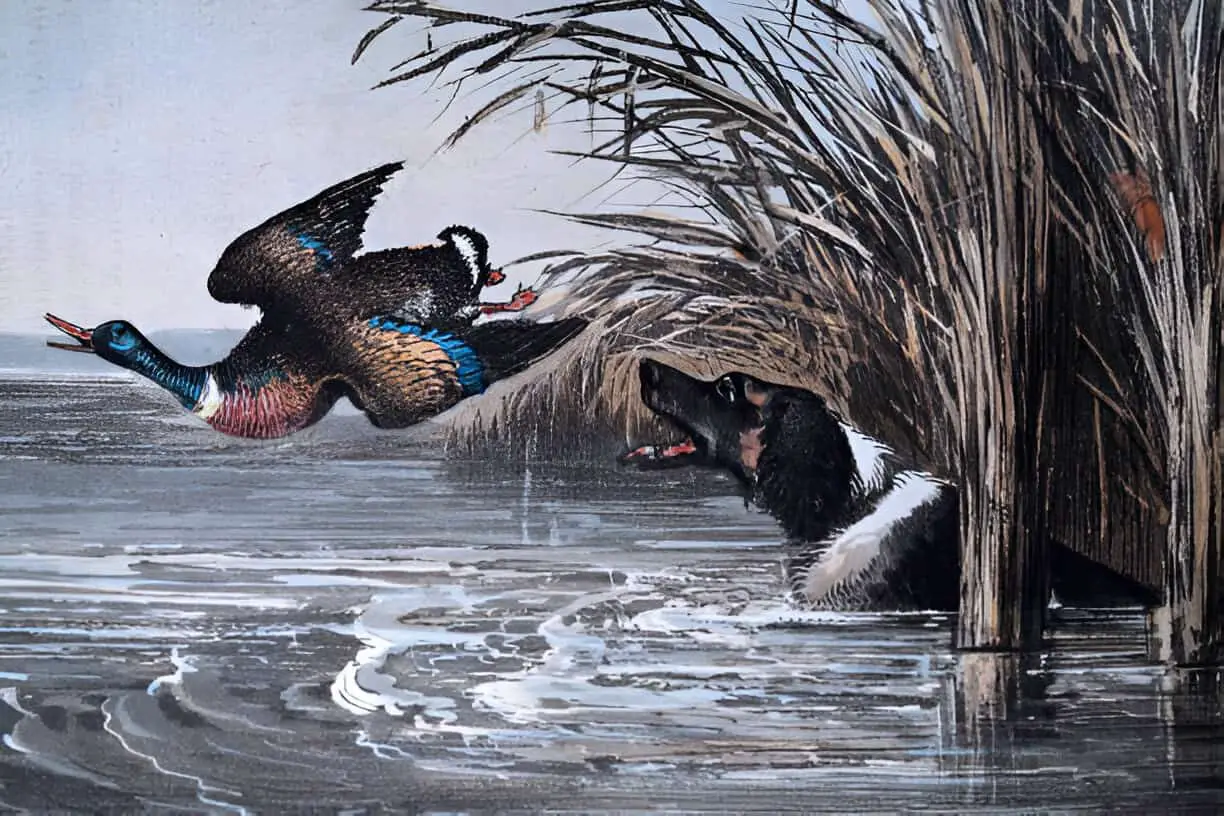
Raising ducks is a joyful endeavor filled with quacking personalities and delightful moments. Every day, their curious eyes and playful splashes bring a special kind of happiness to my backyard. But amidst all that charm lurks a harsh reality I quickly came to know: predators. These crafty, silent intruders can turn a peaceful pond into a battlefield if you’re not prepared.
I’ve faced sleepless nights worrying and learned through trial and error that protecting my flock demands more than just good intentions—it calls for vigilance, careful planning, and a dash of creativity.
Have you ever found yourself staring out your window, heart racing, wondering if your ducks are truly safe? How do you spot potential threats before it’s too late? If you’ve ever felt that knot of anxiety, you’re not alone. Understanding the enemy and taking smart, proven steps can make all the difference between a secure flock and heartbreaking losses.
By reading this article, you’ll gain practical tips that I’ve tested and trusted to keep my ducks safe. From predator-proof coop designs to nighttime strategies and fencing solutions, you’ll learn how to create a secure haven for your feathered friends. Let’s dive in and turn your backyard into a fortress for your beloved flock.
Why You Need to Safeguard Your Duck from Predators?
When it comes to raising ducks, keeping them safe from predators is paramount. Ducks are often the target of various animals, including raccoons, foxes, and hawks.
These predators see ducks not just as animals but as a tasty meal. Without proper protection, your beloved flock could quickly find themselves in peril. It’s not just about losing a few birds; it’s about safeguarding your investment of time, money, and emotional attachment to these charming creatures.
Additionally, ducks are vulnerable, especially when they are young. Baby ducks, or ducklings, lack the size and agility to escape from lurking threats. They rely on their environment and your protective measures to keep them secure. A safe and secure habitat allows them to grow healthy and happy without the constant stress of predator attacks. Implementing safety measures not only protects your ducks but also fosters a nurturing environment where they can thrive.
Moreover, maintaining the safety of your ducks can prevent a ripple effect of chaos on your homestead. A predator sighting can instill fear, not just in your ducks but in other livestock as well. If one of your animals falls victim to a predator, it can create a tense atmosphere, affecting their overall well-being.
1. Build a Fortified Duck House

First and foremost, the shelter you provide for your ducks is your first line of defense. A sturdy duck house, ideally made of durable materials like wood or metal, should keep out potential threats. Ensure that the house is secure by using strong hinges and locks, as well as covering windows with sturdy wire mesh.
Why It Matters:
A well-built duck house not only protects against predators but also offers your ducks a comfortable resting place. I remember when I first built mine; I used reclaimed wood and added a solid roof, which has since sheltered my ducks through many storms.
| Material | Pros | Cons |
| Wood | Insulation, sturdy | Can rot if not treated |
| Metal | Long-lasting, easy to clean | Can be hot in summer |
| Plastic | Lightweight, affordable | May not withstand harsh weather |
2. Establish a Secure Enclosure
A secure enclosure is essential for keeping your ducks safe from ground predators like raccoons, foxes, and even neighborhood dogs. I always recommend using a sturdy fence, ideally at least 4-6 feet tall, made of welded wire or hardware cloth. Remember, some predators are good climbers and diggers, so burying the bottom of the fence a foot underground can be a game-changer.
Key Points:
- Height: Ensure your fence is high enough to deter jumping predators.
- Depth: Burying the fence prevents digging.
- Gates: Always secure gates with latches to keep intruders out.
| Check out: Why Do Ducks Huddle Together? |
3. Use Motion-Activated Lights
Predators tend to shy away from brightly lit areas. Installing motion-activated lights around your duck pen can help deter unwanted visitors. These lights can startle predators and make them think twice about approaching your flock.
My Experience:
I installed a few of these lights around my duck area, and it worked like a charm. I once witnessed a raccoon scurry away the moment the light flickered on, leaving my ducks safe and sound.
4. Supervise Free Range Time
Allowing your ducks to roam freely is wonderful for their happiness and health, but it comes with risks. Whenever I let my ducks free range, I keep a watchful eye on them, especially during dawn and dusk when predators are most active.
Tips for Supervision:
- Limit Free Range Hours: Stick to safe hours when predators are less active.
- Stay Close: Keep a close distance to intervene if needed.
- Use a Dog: If you have a well-trained dog, they can act as an additional guardian.
5. Create Hiding Spots
Ducks, like kids playing hide-and-seek, appreciate places to hide from danger. Planting bushes, setting up straw bales, or placing large rocks around the enclosure provides excellent hiding spots for your flock. This way, if a predator approaches, your ducks can dart into cover and avoid detection.
Why It’s Important:
Hiding spots create a safe environment where ducks can feel secure. I often observe my ducks instinctively seeking out their favorite hidey-holes, which gives me peace of mind.
6. Monitor Food and Water
Keeping food and water in secured containers is crucial. Ducks are messy eaters, and spilled food can attract unwanted guests. I use feeders that can be secured to the ground, preventing larger animals from tipping them over and spilling the contents.
Practical Advice:
- Secure Feeders: Use weights or stakes to keep them in place.
- Clean Up: Regularly clean up any spilled food to minimize attraction.
- Feed at Specific Times: Limit feeding to certain times to avoid leaving food out overnight.
7. Employ Guardian Animals
Some of the best guardians for your ducks are other animals. Many duck owners have success with dogs, geese, or even specially trained livestock guardian dogs. These animals naturally protect your flock and can deter potential threats.
My Favorite Choice:
I brought in a friendly goat as a guardian. Surprisingly, she not only protects the ducks but also enjoys their company, creating a harmonious and secure environment.
Read: Mice-Free Duck Coop
8. Regular Health Checks
Keeping your ducks healthy and strong will help them evade predators more effectively. Regular health checks allow you to identify any weaknesses or health issues that could make your ducks more vulnerable.
Health Check Checklist:
- Feathers: Look for any signs of damage or molting.
- Behavior: Observe for any lethargy or unusual behavior.
- Eating and Drinking: Ensure they’re maintaining a healthy appetite.
9. Keep an Eye on Nesting Sites
Ducks love to nest, but sometimes they pick the worst spots! Always check where your ducks choose to lay their eggs. If their nesting area is too exposed or close to potential predator paths, it’s time to relocate their nest to a safer spot.
How to Relocate Nests:
- Assess the Area: Look for hidden, secure locations.
- Mimic Existing Conditions: Keep nesting materials similar to what they prefer.
- Observe: After relocation, watch how your ducks respond to their new nesting area.
10. Stay Informed and Prepared
Finally, staying informed about local predators is crucial. Different regions have different threats, so knowing what lurks nearby can help you prepare effectively. Join local farming groups, read articles, and share experiences with fellow duck enthusiasts.
Knowledge is Power:
I learned a great deal from local forums and meetups. Fellow duck owners shared their tips, and I found practical solutions that I never considered.
| Predator | Signs | Prevention Tips |
| Raccoons | Scat, overturned feeders | Secure containers, install lights |
| Foxes | Tracks, den sites | Tall fencing, guard animals |
| Birds of Prey | Shadowing, swooping | Covered runs, tall shelters |
Conclusion
Raising ducks brings joy, laughter, and a sense of fulfillment. However, keeping them safe from predators demands diligence and creativity. By implementing these ten proven tips, I’ve managed to create a haven for my flock. Remember, the bond you build with your ducks is worth every effort you invest in their safety. Now go ahead, protect your quacking companions, and enjoy the peace of mind that comes with knowing you’re doing everything possible to keep them safe!

